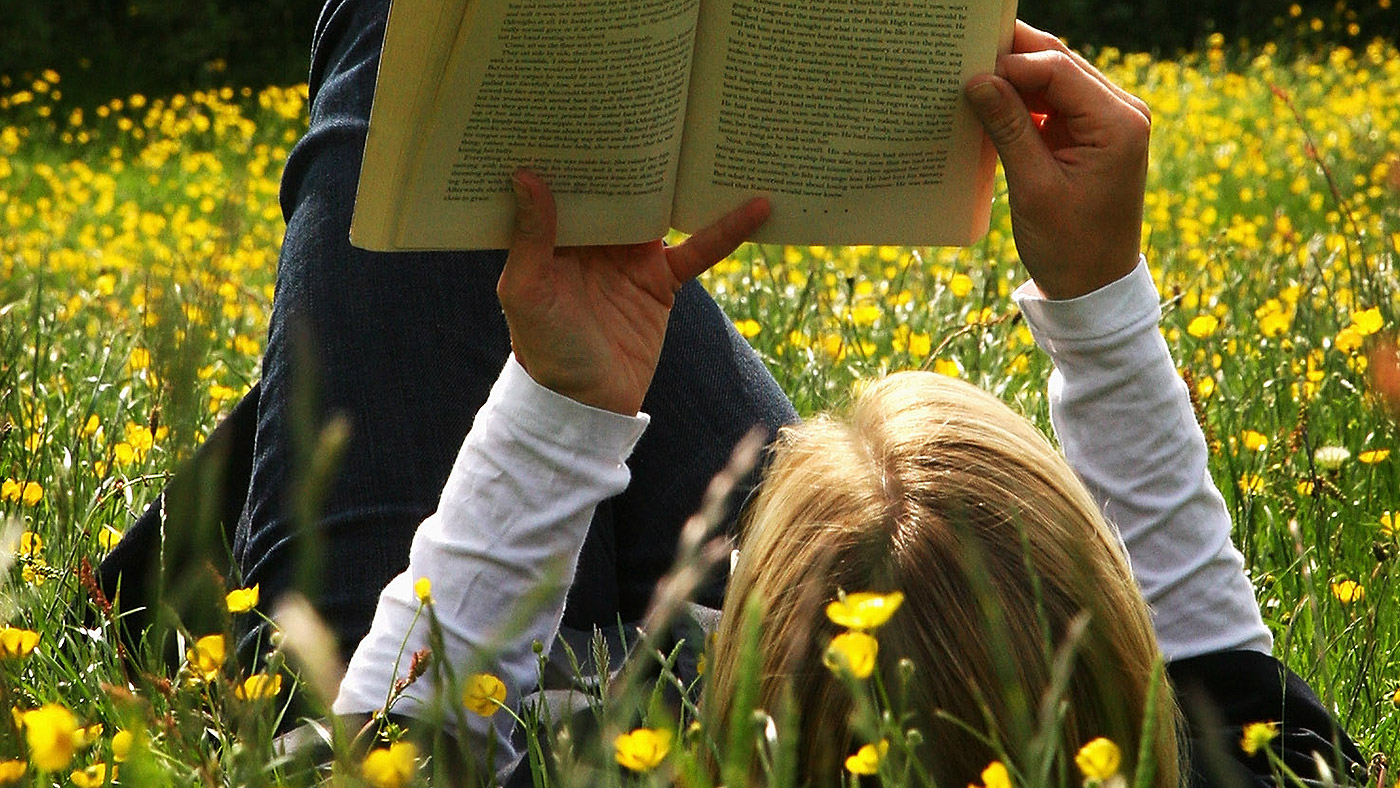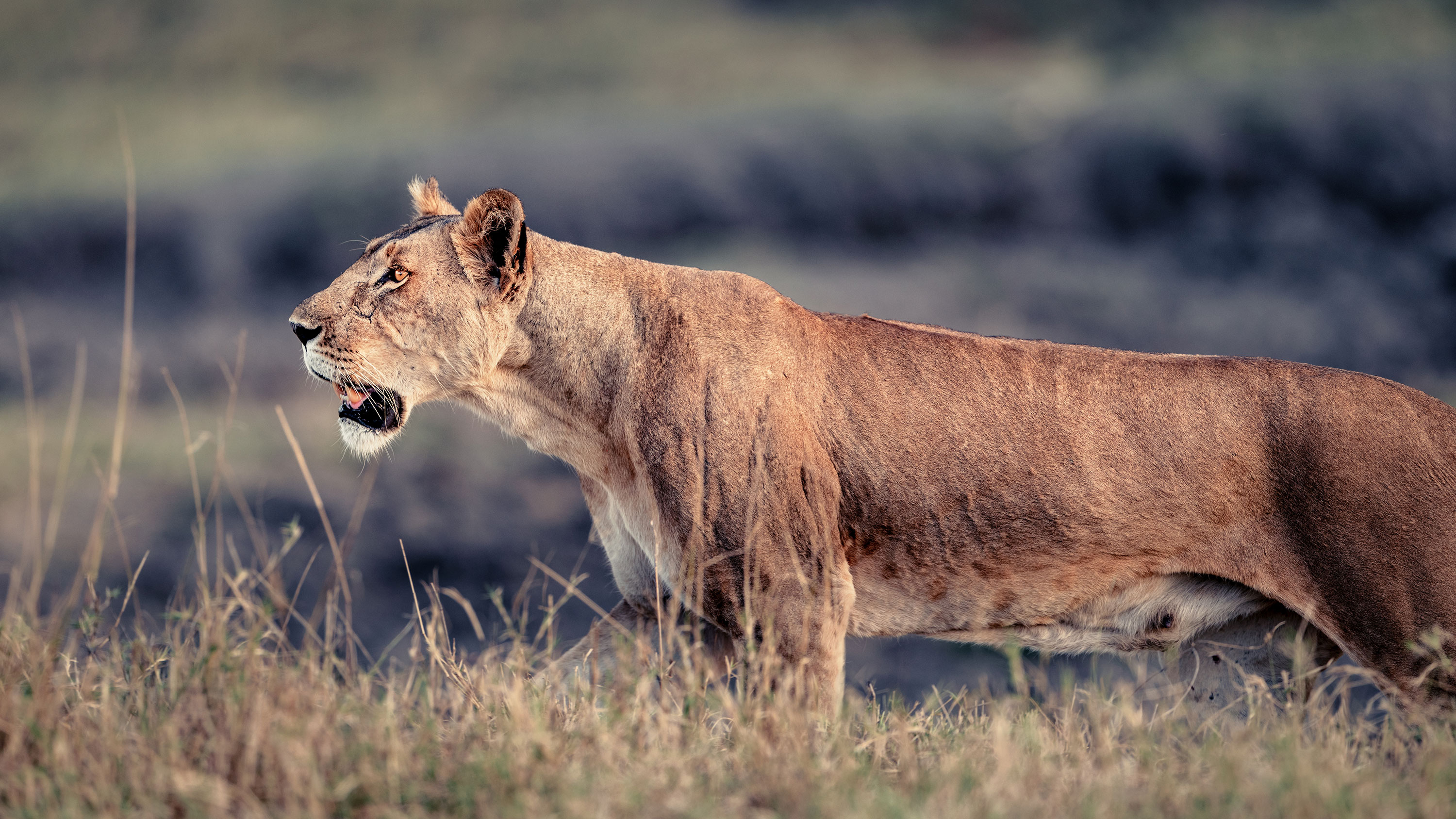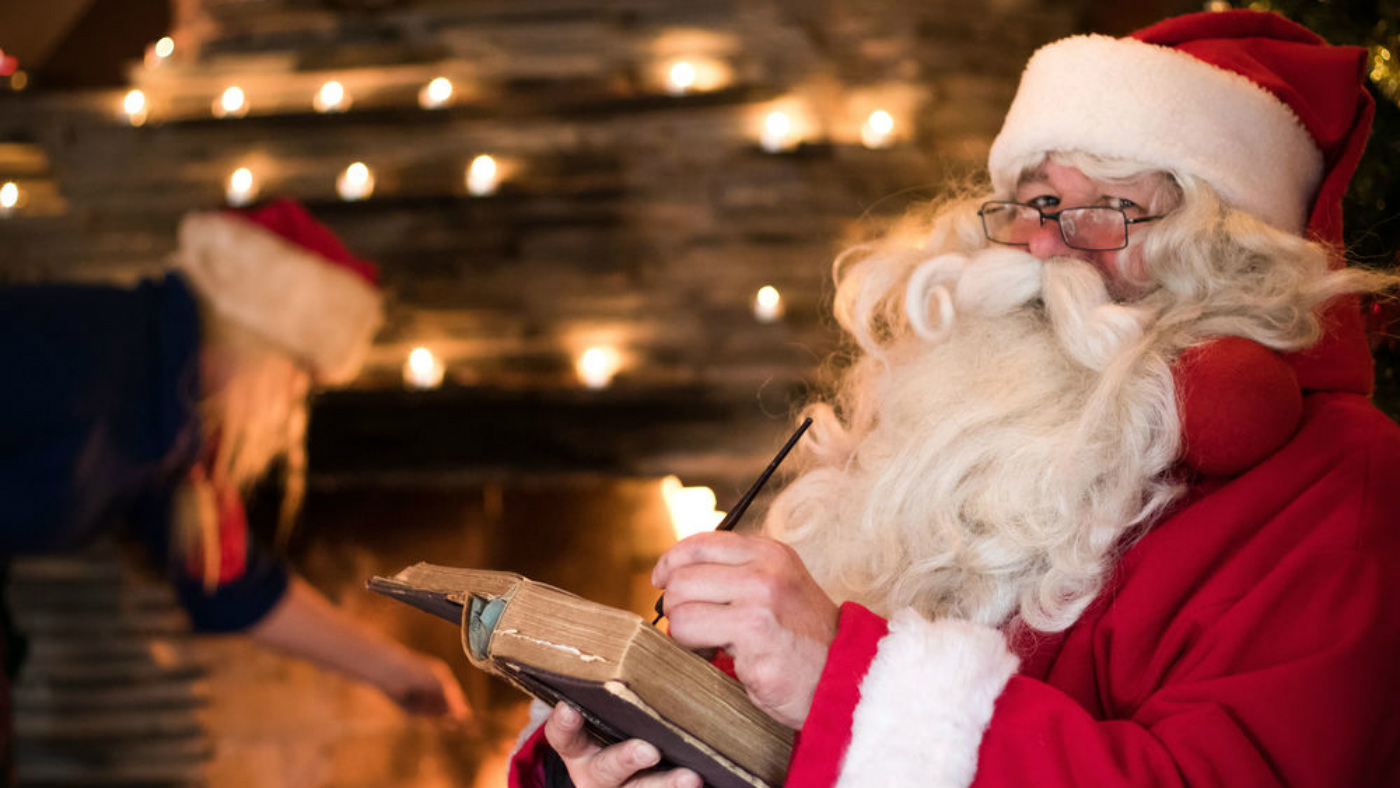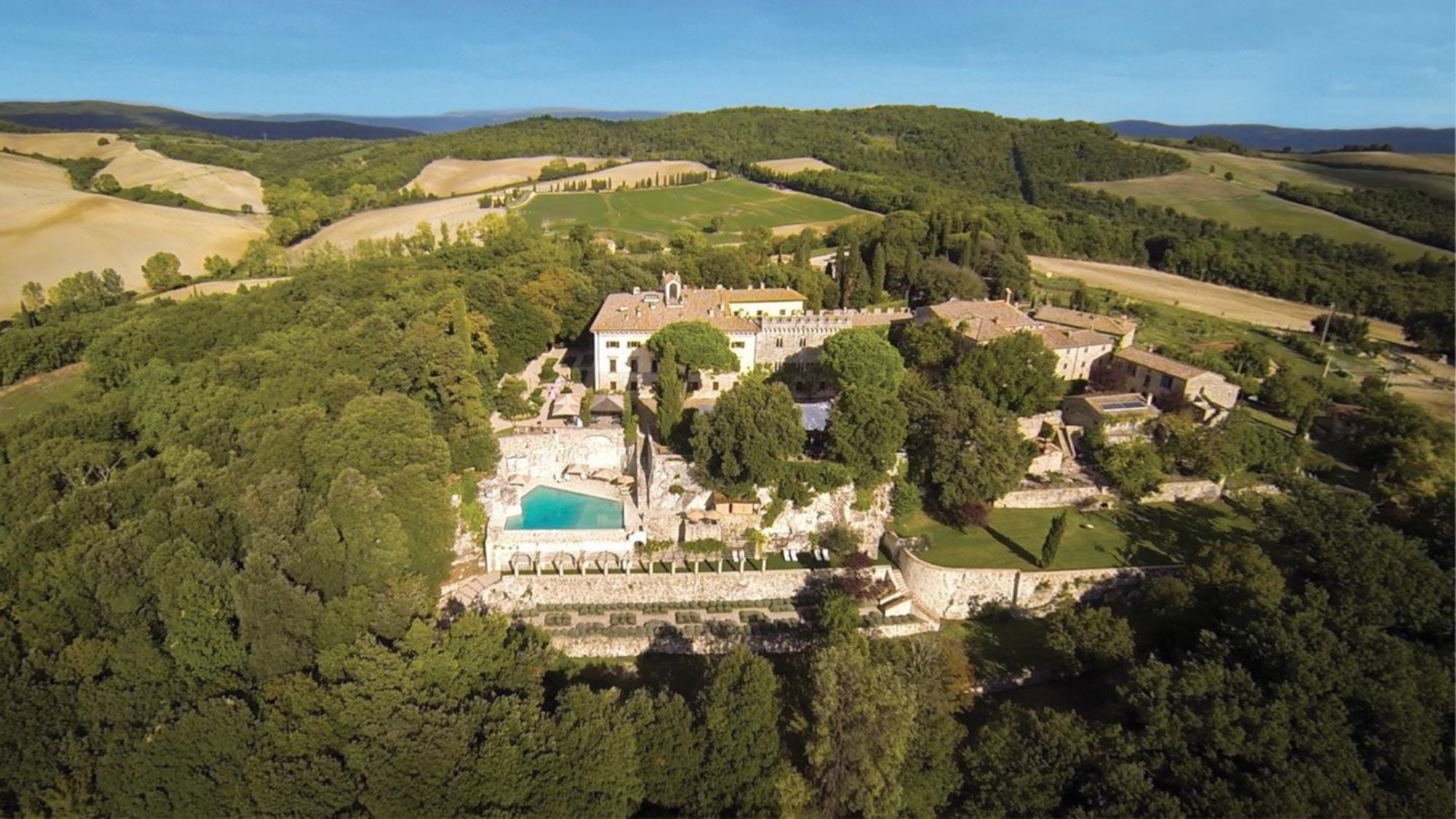The best books for teenagers
Emma Lee-Potter asks teachers, librarians and writers about the books they think all teens should read by the time they’re 16

A free daily email with the biggest news stories of the day – and the best features from TheWeek.com
You are now subscribed
Your newsletter sign-up was successful
- This article first appeared in The Week Independent Schools Guide 2021
Great Expectations by Charles Dickens
selected by Emily Weatherby, Head of English, Bryanston
A classic coming-of-age novel, adventure, mystery and romance, with a cast of characters ranging from the comically pompous to the terrifyingly sinister. From the blacksmith’s cottage on the Kent marshes to the Inns of Court in lawyers’ London, the novel teems with realistic period detail – but its themes of exploitation, ambition and injustice are just as relevant today as they were in 1861. Dickens is the master of the satisfying twist, and the way that he opens an ironic gap between the wide-eyed narrator, Pip, and the reader’s own interpretation of what is really happening has been imitated but never bettered.
The Housing Lark by Sam Selvon
selected by James Methven, Head of English, Uppingham School
The Week
Escape your echo chamber. Get the facts behind the news, plus analysis from multiple perspectives.

Sign up for The Week's Free Newsletters
From our morning news briefing to a weekly Good News Newsletter, get the best of The Week delivered directly to your inbox.
From our morning news briefing to a weekly Good News Newsletter, get the best of The Week delivered directly to your inbox.
Right now, I recommend this to take pupils out of their bubble and gain a fresh perspective. Set in London in the 1960s, it is funny, poignant and challenging. Selvon focuses on a group of Caribbean immigrant males who chase jobs, money, rum and women. Their “lark” is a community pot of money to get themselves on the housing ladder and out of the clutches of “Englisher” landlords at a time when signs with “No Irish, no blacks, no dogs” were posted in windows. The novel rounds off with a hilariously and intentionally mangled version of English history on a trip to Hampton Court.
Seize the Day by Saul Bellow
selected by James Wilton, Deputy head, Repton School
This book meant so much to me in my early 20s – coming to terms with the sudden severance from the ladder-like experience of school and university. There was something utterly compelling to me about the protagonist, Tommy Wilhelm. He seemed to have been perpetually checking out his options and never being certain which of them would make him happy. There was also something revelatory about the manner in which he trusts the con-artist Dr Tamkin, who to me is a perfect example of those dangerous, plausible people who seem to have all the answers and you happen to meet, devastatingly, when you are not quite ready for the real world. An ideal – if not entirely comforting – novel for the school leaver.
The Great Gatsby by F Scott Fitzgerald
selected by Jane Henshaw, Head of English, Sevenoaks School
A free daily email with the biggest news stories of the day – and the best features from TheWeek.com
The Great Gatsby may be a portrayal of the hedonism of 1920s prohibition America framed in Fitzgerald’s exquisitely seductive descriptions of Gatsby’s parties of “champagne and the stars” but the novel also holds up a mirror to now. Butting up against the glamour, Fitzgerald writes of the power of the market place, corruption, racism, domestic abuse and the powerlessness of the poor. At the centre of the novel however, Fitzgerald asks us to consider the enigma that is Gatsby – is he gorgeous or hollow? Does his life explore the false promise of empowerment or celebrate our capacity for wonder?
To Kill a Mockingbird by Harper Lee
selected by Richard Redwood, Head of English, Canford
A coming-of-age story that teaches us all the importance of courage, community and conscience. For those who are eccentric, cantankerous or just plain inquisitive, To Kill a Mockingbird has the remedy. Discover the beauty of America and its “haints”, “morphodites” and “scuppernongs”. Grow with Jean Louise “Scout” Finch as she finds herself, her heroic father and humanity itself. Enter the mind of a curious child and really see an American courtroom. Revel in rumours from the fictional Alabama town of Maycomb. A timeless masterpiece packed with emotion. A springboard for discovering other American greats such as Willa Cather, Henry James and Edith Wharton.
Nineteen Eighty-Four by George Orwell
selected by Tom Smith, Head of English, Hurst College
A dystopian world in which facts are frequently altered to suit the whims of a despotic leader. People living in isolation, plagued by paranoia and dictated to by images on telescreens. All sound rather familiar? Orwell’s dystopian vision of a bleak world in which the vague, terrifying figure of Big Brother is omnipresent was decades ahead of its time and still (scarily) has much to tell us about politics, trust and human relationships. You can always skip the appendix on The Principles of Newspeak if it seems a bit of a slog. It’s one of the most important and fascinating novels you will ever read.
Oryx & Crake by Margaret Atwood
selected by Darryl Toerien, Head of library, Oakham School
Oryx and Crake by Margaret Atwood is a prophetic glimpse into our near-future. Like The Handmaid’s Tale and Orwell’s Nineteen Eighty-Four, it is a book that once read, haunts you. Perhaps more so than ever before, it is an urgent must-read for students. Catastrophe? Check. Virus? Check. Manufactured? Debateable, but possible. A series of overlapping waves? Check. Social disruption maximised, effectively preventing the development of a vaccine? Check and check (at least a coordinated one). Like all good science fiction it probes the future to shed light on the present. In this light, readers might help avert this fictional catastrophe.
The Diary of a Young Girl by Anne Frank
selected by Kate Jeffrey, English teacher, Putney High School GDST
The real value of Anne Frank’s diary is sometimes overlooked because it’s read in short excerpts or by younger readers. Besides its outstanding interest as a historical document and the tragedy of its author’s early death, it is also an extraordinarily candid and articulate record of adolescence with which any teenager today can readily identify. For just over two years, Anne grapples with feelings of rebellion, desire, ambition, hope and despair, all within the appalling confines of the annexe. Prickly and honest, acerbic and generous, Anne emerges as a young woman of modern sensibilities and prodigious talent.
Things Fall Apart by Chinua Achebe
selected by Rutendo Tavengerwei, Author
This is one of my favourite reads – a book that is not only well written, but one that managed to challenge the norm in its time. It retells history from the African perspective and has inspired so many writers around the world to date. It is a classic, with excellent storytelling that just sparks the imagination. It opens up the young mind to all the places that only a well-told story can. Every teen should definitely not be deprived of the opportunity to read this amazing book.
Rutendo Tavengerwei’s latest novel, The Colours that Blind, is published by Hot Key Books
Atonement by Ian McEwan
selected by Rick Clarke, Head, Frensham Heights
I believe that the reading of novels is one of the most effective ways of helping us to develop empathy with others. Ian McEwan’s Atonement has an astonishing narrative surprise towards the end that literally made me gasp when I first read it, re-examining all that had come before. The story moves from 1935 to 1999, encompassing adolescent yearning, sexual awakening and the horrors of the Second World War. It is a compelling examination of the impact of crimes committed against both individuals and society, and a novel that sticks with you long after you finish reading it.
Factfulness: Ten Reasons We’re Wrong about the World – And Why Things Are Better Than You Think by Hans Rosling
selected by Lucy Atherton, Head librarian, Wellington College
I first came across Factfulness when it was published in 2018 and it generated a huge amount of interest. Bill Gates considered it so important that he gave a free e-copy to all new students in the US. I was drawn to the positive message of the book that, contrary to popular belief, the world is improving in terms of poverty, health, crime and education. This is an important book which has relevance to so many subjects taught at school, from geography and economics to politics and statistics. It is key to helping future leaders become informed global citizens and supports critical thinking – an important element in the International Baccalaureate curriculum. I am typically a reader of fiction but this book is so fascinating and thought-provoking that I championed it as a whole school read. It’s interactive and engaging and by the end of the book the reader has an infinitely better informed view of the world. Statistics and graphs are presented in an appealing and easily interpreted way. Don’t assume this is a dry textbook – Hans Rosling was a charismatic and humorous man and he’s full of eye-opening and honest anecdotes of his time as a doctor in rural Africa.
A Winter’s Promise by Christelle Dabos (translated by Hildegarde Serle)
selected by Rebecca Jones, Head of library and learning enrichment, Malvern St James
This is a book that draws you into a perfectly constructed, alternative and complex reality. Characters are multi-layered and seemingly open but with mysterious depths and I often found myself trying to puzzle out their true motives. This is a memorable read that takes you to impossible places, that contains a brooding deeper mystery and fragments that initially defy analysis. The dialogue reveals that truth and lies often depend on context and that wit and self-belief are key elements of self-determination. Every place is a constructed hierarchy that the main character, Ophelia, has to navigate and she has to become increasingly politically adept to survive. For me this book reflects the complexities of modern cultures and relationships that hinge the personal and political, making it a must read. It is also a compelling and enthralling story.
A Monster Calls by Patrick Ness
selected by Ros Harding, Head librarian and archivist, The King’s School, Chester
A Monster Calls was published when I was on maternity leave with my son and so by the time I came to read it, it had already won the Carnegie and the Kate Greenaway medals. My expectations were therefore high and yet, this book managed to surpass them. It deals with a very serious subject (the impending death of a mother) and is suitable for a wide age group. When I say 10+, I really do mean any age beyond that as this is a book that speaks on different levels to children, young people and adults. Although it is a tearjerker, Ness manages to create a strong message of positivity and hope, which speaks to readers regardless of their own experiences. Jim Kay’s illustrations breathe extra life into the book, working in unison with the beautiful writing to create an emotional masterpiece.
Ros Harding won the School Librarian of the Year award last year
Americanah by Chimamanda Ngozi Adichie
selected by Jon Mitropoulos-Monk, Head of English, Latymer Upper School
A tender love story, a searing expose of America’s racial fault lines and my favourite novel of the last decade. Young and in love, Ifemelu and Obinze leave military-ruled Nigeria for the West. Race for Ifemelu was largely irrelevant in Nigeria. Now, studying at university in America, she is shocked by the many varieties of racial distinctions and widespread racism (both explicit and implicit) she encounters. “I wasn’t black until I came to America,” she says. “I became black in America.” She becomes known for her blog about race in America, which is blended into the novel itself, whilst the narrative moves between Nigeria, America, the UK and back to Nigeria. Adichie’s skill lies in making complex issues seem utterly straightforward, writing with astonishing force and clarity. An amazing read.
Brick Lane by Monica Ali
selected by Magnus Bashaarat, Head, Bedales
Monica Ali’s debut novel is an important book. It was well received by the mainstream white media but the reception amongst the Bangladeshi community it presented was more complicated. The tensions experienced amongst immigrants to the UK between integration and assimilation – or articulating and celebrating their own cultural and religious values – are explored from the perspective of Nazneen through her arranged marriage to the hapless Chanu. Nazneen’s final line, “This is England. You can do whatever you like,” might seem affirmative and optimistic, but 17 years after its publication, with displaced people, refugees and asylum seekers from Syria, Iraq and sub-Saharan Africa also now competing for a safe space to live in Britain’s cities, the tensions remain unresolved.
The Outsiders by SE Hinton
selected by Catherine Bruton, English and drama teacher, King Edward’s School, Bath
My own wonderful GCSE English teacher Mr Scott suggested I read The Outsiders. It not only opened my eyes to the power of stories but has been hugely influential on my own writing. SE Hinton was only 16 when she wrote the novel so it is the ultimate teen coming-of-age novel and it is heartbreakingly brilliant. The story of two rival gangs – the working-class “greasers” and the upper-class “Socs” – was made into a brilliant brat-pack film starring Rob Lowe, Matt Dillon, Tom Cruise, Patrick Swayze and Emilio Estevez. It will break your heart and stay with you forever.
Catherine Bruton’s new children’s novel, Another Twist in the Tale, will be published by Nosy Crow in November
Persuasion by Jane Austen
selected by James Whitehead, Head, Woldingham School
Jane Austen’s last novel, Persuasion, is significant for those who value emotional maturity in others. These days much is said about emotional intelligence; this novel’s protagonist is brimful of it, as lonely Anne Elliot dexterously navigates the swirling currents of early 19th-century society, with its materialism, snobbery and sexism, speaking up for a radical understanding of human character and the need for the female author, as seen in chapter 23: “Men have had every advantage of us in telling their own story. Education has been theirs in so much higher a degree; the pen has been in their hands.” As someone who believes in books, education and in human empowerment, as well as in love, Jane Austen strikes me as perennially relevant.
-
 Switzerland could vote to cap its population
Switzerland could vote to cap its populationUnder the Radar Swiss People’s Party proposes referendum on radical anti-immigration measure to limit residents to 10 million
-
 Political cartoons for February 15
Political cartoons for February 15Cartoons Sunday's political cartoons include political ventriloquism, Europe in the middle, and more
-
 The broken water companies failing England and Wales
The broken water companies failing England and WalesExplainer With rising bills, deteriorating river health and a lack of investment, regulators face an uphill battle to stabilise the industry
-
 Properties of the week: covetable ski chalets
Properties of the week: covetable ski chaletsThe Week Recommends Including homes in Verbier, Haute-Savoie and Monti della Luna
-
 Best new hotels and places to stay in 2024
Best new hotels and places to stay in 2024The Week Recommends Featuring stylish island resorts, historical properties and wilderness retreats
-
 An Alpine ski tour from Andermatt to Engelberg
An Alpine ski tour from Andermatt to EngelbergThe Week Recommends The Urner Haute Route features some of the wildest terrain in the Alps
-
 The 2024 travel bucket list
The 2024 travel bucket listThe Week Recommends Best holidays, adventures and experiences to book in 2024
-
 Luxury in Lapland: how to meet Santa in style
Luxury in Lapland: how to meet Santa in styleThe Week Recommends From husky sleigh rides and tobogganing to searching for Father Christmas on a snowmobile
-
 Island hopping in the Caribbean
Island hopping in the CaribbeanThe Week Recommends Barbados and Grenada offer different perspectives on paradise
-
 Borgo Pignano review: a taste of Tuscan tradition and nature
Borgo Pignano review: a taste of Tuscan tradition and natureThe Week Recommends Enjoy a retreat-like experience that's as relentlessly authentic as it is luxurious
-
 Finca Cortesin review: teeing off in style in Andalucia
Finca Cortesin review: teeing off in style in AndaluciaThe Week Recommends Pristine golf meets beach and spa paradise at the Solheim Cup host venue